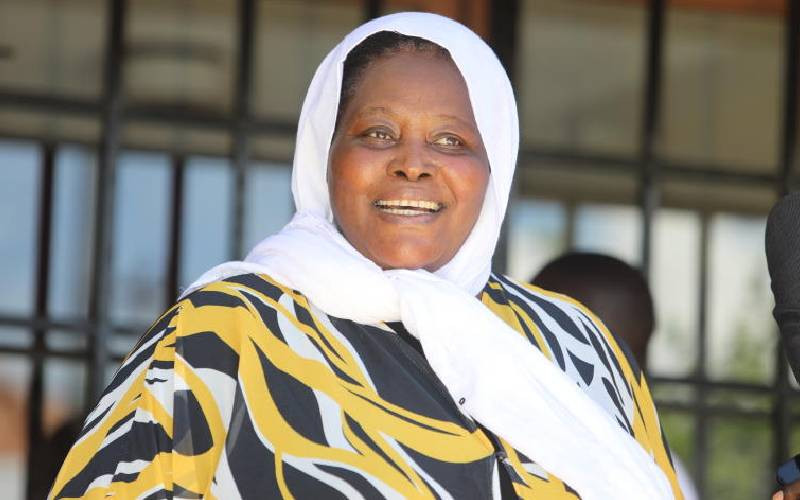×
The Standard e-Paper
Fearless, Trusted News

Ann Njeri had a moment of instant fame with alleged Sh17 billion-diesel tussle drawing her rather quiet life to the limelight.
Owing to the political twist that the issue had taken, the finer details of a court battle pitting her company- Ann's Import and Export Enterprises Limited (Kenya) - against Galana Energies Limited, Kenya Ports Authority (KPA) and Kenya Pipeline would have just passed by.